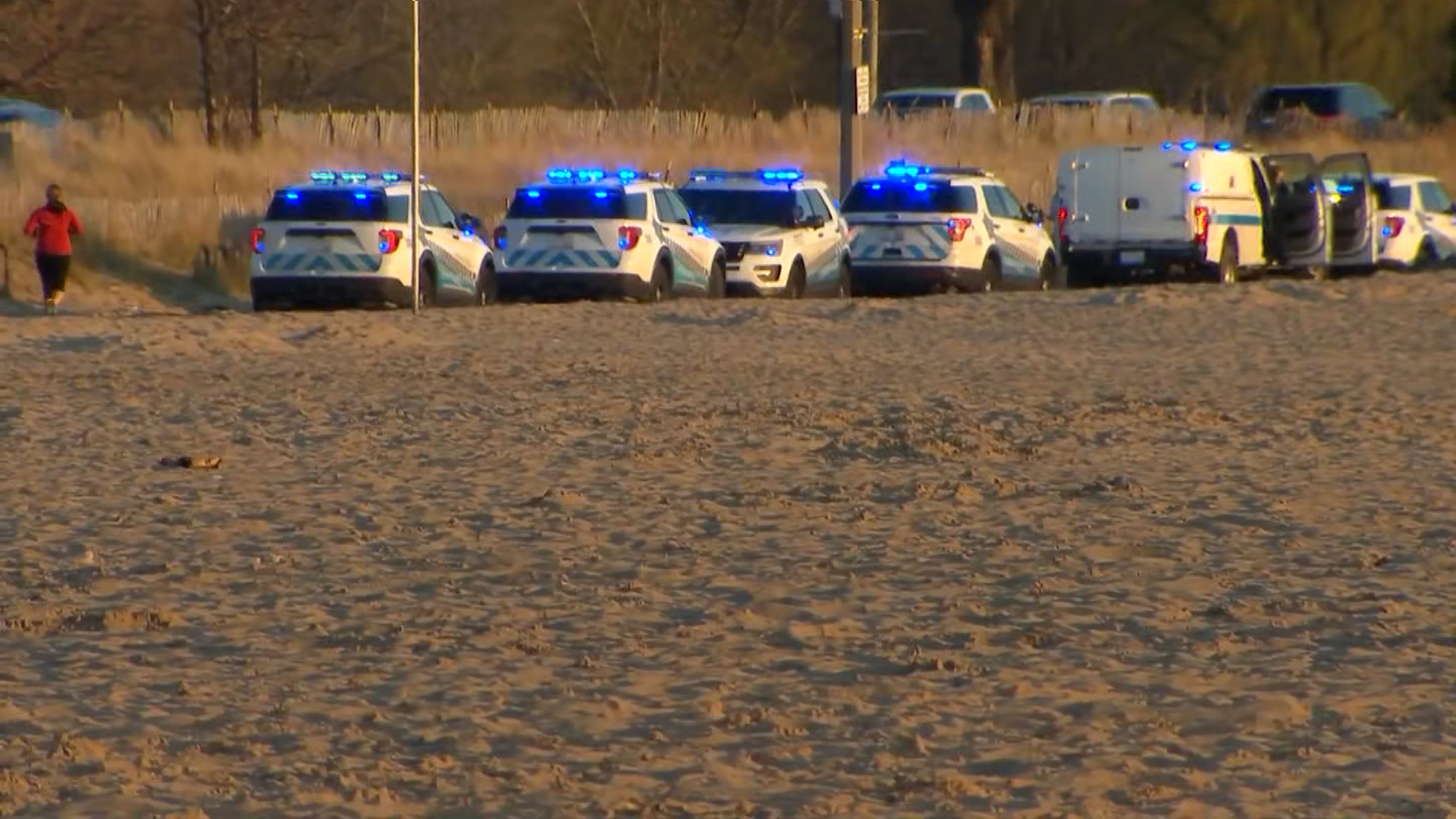Sunlight lovers, you may want to look away, because not only are we about to experience an abrupt end to our above-average temperatures in the Chicago area, but we’re about to pass a significant milestone in the amount of daylight that the region receives per day.
According to the website Sunrise-Sunset, the city of Chicago will have 10 hours and one minute of sunlight on Friday, but that will be the final time this calendar year that we will exceed that threshold as days will continue to get shorter through the winter solstice.
In fact, the next time the city of Chicago will have more than 10 hours of sunlight won’t be until Jan. 30.
Now that you’ve been hit with one dose of harsh reality about the impending winter, here’s another. According to the website, Chicago is rapidly approaching the date where it will have its earliest sunset of the year.
Feeling out of the loop? We'll catch you up on the Chicago news you need to know. Sign up for the weekly Chicago Catch-Up newsletter here.
This year, that date falls on Dec. 8, when the sun goes down at exactly 4:21 p.m. After that, sunset will slowly begin to occur later, taking eight full days to gain an extra minute.
Following that date, the winter solstice will occur on Dec. 21. That date marks the “shortest day” of the year, meaning that the region will see its lowest amount of sunlight for the season, clocking in just under nine hours and 11 minutes.
From there, the days will slowly begin to get longer, but sunrise will continue occurring later in the morning until Jan. 3, when the sun will come up at approximately 7:16 a.m.
Local
Naturally, the question then becomes a matter of why the earliest sunset and latest sunrise don’t fall on the winter solstice, and there’s a simple reason for that: solar time is not the same as clock time, and very rarely equals an exact 24 hours.
In fact, “solar noon” rarely occurs at exactly noon local time. When clocks changed earlier this week, solar noon jumped backwards from 12:34 p.m. to 11:34 a.m., and that time is slowly creeping closer to “clock noon,” according to experts.
“Solar noon” is simply defined as the time of day when the sun is at its highest point on the horizon, and a “solar day” is measured between the “solar noon” time of one day to the next.
When you couple that with the elliptical orbit of the Earth and the tilt of the planet’s axis, you have a time system that doesn’t sync up easily with a clock or a calendar, and that’s why the solstice doesn’t necessarily mean anything when it comes to sunrise or sunset.
For those curious, the next time “solar noon” will actually occur at 12 p.m. in Chicago won’t be until Jan. 16. From there, solar noon will continue to creep forward until mid-February, when it begins to move back toward clock noon.



